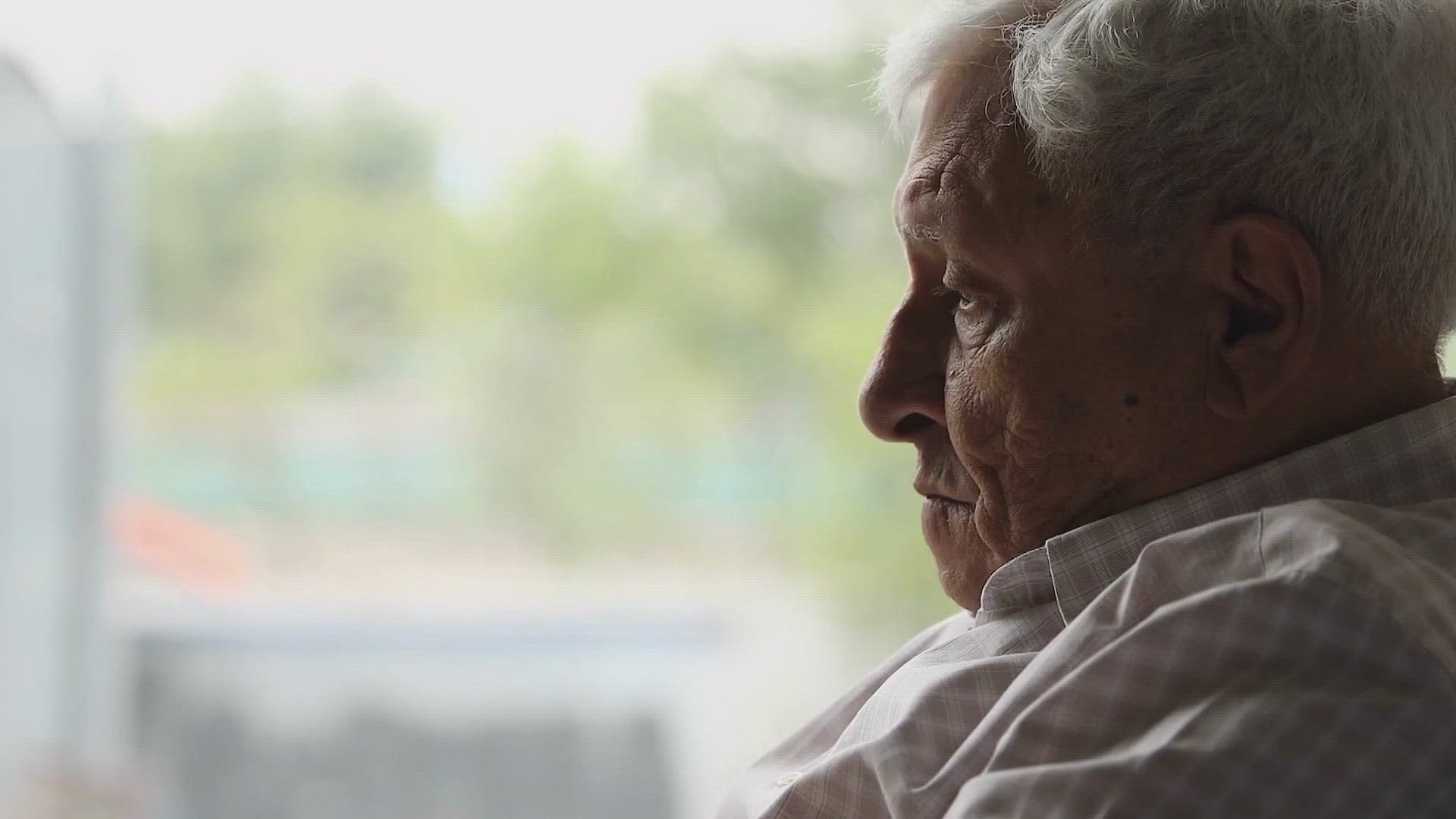SAN ANTONIO — Senior citizens and mentality disabled individuals with neurodegenerative diseases can be easily exploited by supposed friends and caretakers who are looking for cash.
Thanks to a loophole in state law, those individuals sometimes get away with it. That's why Bexar County Probate Judge Veronica Vasquez worked with Senator José Menéndez and other lawmakers this session to end that loophole with S.B. 576.
Judge Vasquez began her position in Bexar County Probate Court 2 in 2018. She told KENS 5 she sees elements of senior exploitation routinely in her cases.
"Elder abuse and exploitation is a huge problem," Vasquez said. "We preside over hearing emergency removals and hearing of adult protective services....When it's an allegation of abuse and they need to remove them from the home, they have to go through the probate court to try and do that."
Vasquez said during those cases, they sometimes find that family members or caregivers convinced a senior with dementia or Alzheimer's disease to write them a check or withdraw money for personal reasons.
"They get them to write a check, get their bank account information, or take them to the bank and have them remove cash. That's typically what we see," Vasquez said.
Vasquez told KENS 5 the senior's family sometimes tries to get the money back, but there was previously no laws preventing caretakers from getting a loan from an elderly individual they are friendly with. This is still the case if the person has a neurocognitive disorder. Even if the caretaker didn't intend to give the money back, claiming that they would repay the money would still help them avoid criminal charges.
"When it became a criminal offense, this was their scapegoat to say, "they let me borrow it and I intended to pay them back and I still intend to pay them back," Vasquez said. "How can you prove it one way or the other, especially when your victim now has dementia and they can't remember?"
Fortunately, lawmakers passed S.B. 576 and the Governor signed the law in June. The bill states that if the offender "knew or should have known" that the elderly individual "had been diagnosed with dementia, Alzheimer ’s disease, or a related disorder," then the transfer of money or other property is automatically presumed to be "wrongful" in that situation. Vasquez said the offender can then be charged with financial abuse of an elderly individual. This means the offender can no longer protect themselves by claiming the the money or property was loaned.
Vasquez said she worked with the Elder Abuse and Exploitation Task-Force for three years to get the legislation passed. It failed in 2021 but passed in the last session. The bill passed with a unanimous vote in the Texas Senate this year.
"We're finally able to do it and it is an exciting day," Vasquez said. "It's amazing to see that this made it through."
The bill will go into effect on September 1, 2023, though it also states it will also apply to still apply to any offense committed previous to that date.

